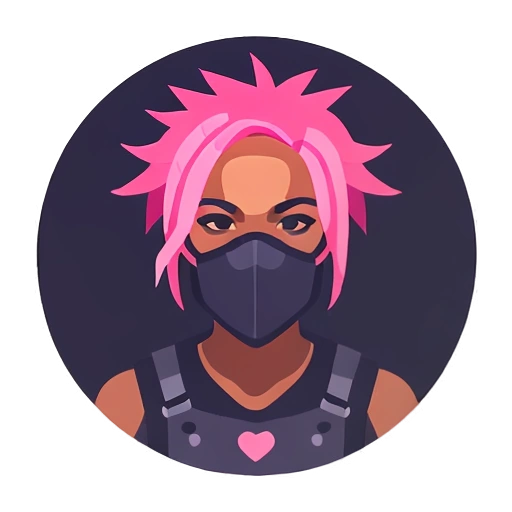

A common thing that comes up a lot when I see people saying there is no way anarchism could work, is that it’s human nature to be selfish and to attempt to gain power over others etc. I think people are just as likely to be benevolent or at least neutral to each other when the conditions are right.
I think there are two kinds of people. One kind is selfish and attempts to gain power over others, even to their own detriment. The other kind is benevolent and caring and empathetic, and would not willingly exploit others. With this duality present, anarchy becomes the only thing that will reliably work in the long-haul.
When we allow some people to have coercive power over others (as is the case in hierarchies), the self-interested people gravitate toward those positions of power. Because they do not care about how their actions affect others, they tend to make decisions that are destructive to society in the pursuit of short-term personal gain. I would actually go so far as to claim that all of our societal ills fundamentally arise from the fact that pathologically self-interested individuals without any empathy are calling the shots - including the industrial practices that are leading to total environmental destruction.
Only in a society where this coercive control does not exist can we keep those destructive forces in check. When a self-interested person has coercive power over groups of people, they can retaliate against people or groups who try to call them out on their bad behavior. By pitting other groups against each other, they can maintain that power in an extremely large society even when their own group is ultimately a minority and most groups would agree that their actions deserve negative social consequences. As long as an individual can never wield the power of a group, community policing/moderation will always be possible, and these bad actors can be penalized or even removed as appropriate. We want to empower the people with empathy (who will generally work together for a common good, or at least against a common bad - at least, so long as they haven’t been tricked into fighting each other over petty nonsense instead), rather than the people without it (who won’t generally work together unless they can somehow strike up a mutually beneficial deal - opportunities are limited when they all ultimately covet each other’s power and wealth).
OP: The idea that not all people are fundamentally the same (“created equal”, if you will) or have positive value is very uncomfortable to the masses, and I think that this is the point where I diverge from the mainstream.
It is tricky to do this in a way that allows for complex coordination at scale while avoiding the oppressive properties of systems which we would all recognize as undesirable. The concept that is required in order to properly navigate this is ‘coercive control’.
Hierarchy happens when some people are ‘above’ others, or, in other words, can make decisions for other people and enforce them without their consent. This is coercive control. This is the situation that we want to avoid.
At the same time, the collective does have to be able to enforce rules, so some degree of coercion must be allowed in order to avoid a sort of paradox-of-tolerance situation. To resolve this apparent contradiction, we introduce the notion of a ‘social contract’. To be a part of an anarchist organization would require that a person agree to a social contract. As long as the person upholds the social contract, they cannot otherwise be coerced, as that would be a violation of anarchist principles, and could result in oppressive behavior. (Note: For this to be self-consistent, coercion has to be outlawed as part of said social contract.) If a person breaks the social contract, then they are also no longer protected by it, and can be coerced by the group to leave or such.
The social contract bit is sort of an aside to the original question, but I think people get confused by what is and isn’t hierarchy because they understand the first part in some way, even if they don’t have the words for it, but then they don’t know how to solve the obvious problem of enforcing rules so that people’s freedoms can actually be protected in practice.
Centralization doesn’t necessarily imply hierarchy, as, given an undirected acyclic graph, you can pick any node to be the ‘root’ and end up with a valid ‘tree’ - the structure that most people would visualize when they hear the word ‘hierarchy’. Of course, we would prefer to not pick any node as the root, as the hierarchical structure implied by such a distinction shouldn’t be necessary for the collective to reap the benefits of such centralization. There is a whole discussion that could be had about how to actually implement centralization without falling into various traps, but that isn’t really what the question in the OP is about. I simply bring it up because some people confuse centralization for hierarchy, and end up shooting themselves in the foot for doing so.